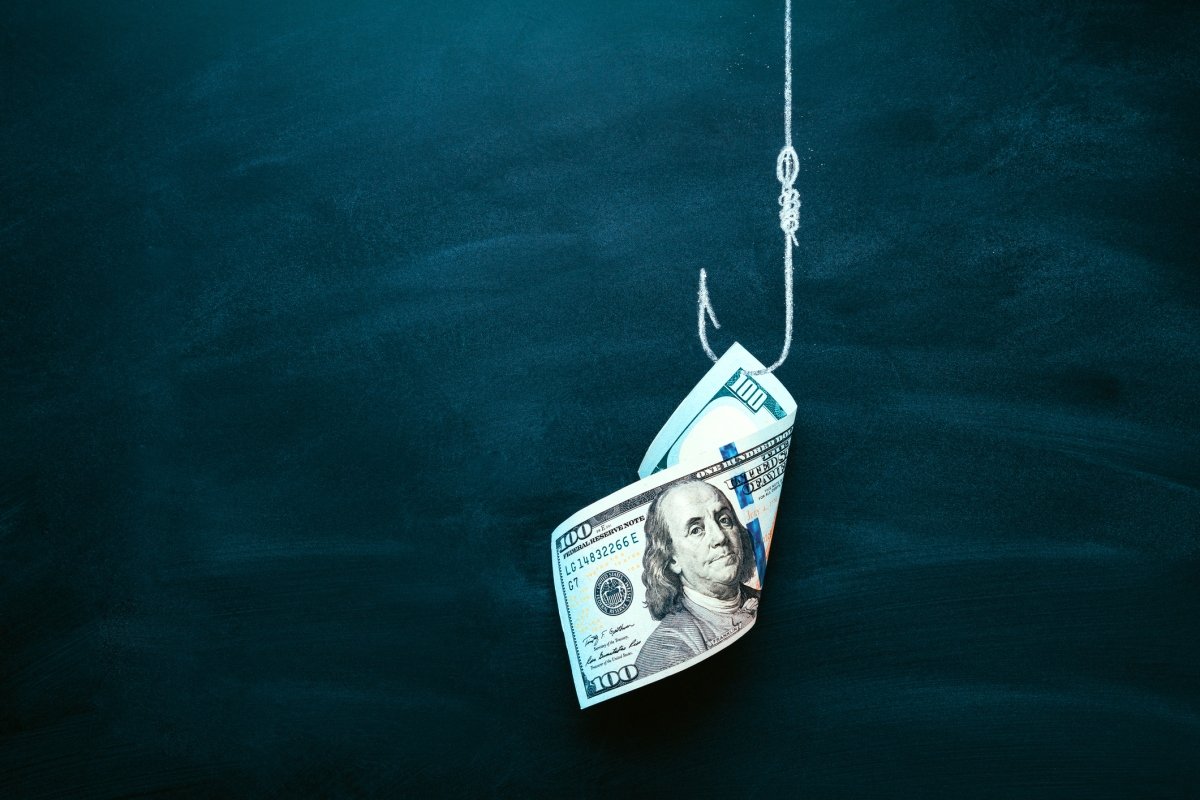The Federal Deposit Insurance Corporation (FDIC) closed Silicon Valley Bank after regulators determined that the institution was insolvent. Depositors are now being transferred to other banks in the area.
Though banking activities in 17 SVB branches are closed today, depositors will have access to their deposits on Monday, with the FDIC in charge. The agency is prioritizing giving customers access to their insured deposits first and official checks will still clear. Future dividends could be made as FDIC sells assets of SVB.
Since the banking crisis of 2007-2008, deposit insurance has been a key part of the safety net for bank customers. In order to protect depositors up to $250,000 per account, insured banks are required by regulators to offer this insurance. However, there is no set limit on how much a depositor may be compensated in the event of a failure. This means that potential claimants could receive millions of dollars for their losses if their bank fails. While this amount is extremely rare, it underscores just how important it is for customers to have confidence in their institutions and take steps such as checking account security and maintaining robust financial records
First, as the insurer of the bank’s deposits, the FDIC pays insurance to depositors up to the insurance limit. Historically, the FDIC pays insurance within a few days after a bank closing, usually the next business day, by either 1) providing each depositor with a new account at another insured bank in an amount equal to the insured balance of their account at the failed bank, or 2) issuing a check to each depositor for the insured balance of their account at the failed bank.
In some cases—for example, deposits that exceed $250,000 and are linked to trust documents or deposits established by a third-party broker—the FDIC may need additional time to determine the amount of deposit insurance coverage and may request supplemental information from the depositor in order to complete the insurance determination.
It can take several days for the FDIC to pay out a bank’s deposits. During this time, customers are able to transfer their money to another insured bank. The FDIC will usually issue check equal in value to an account’s total deposit balance at the failed bank.
If you are a depositor with deposits greater than $250,000 and they are linked to trust documents or deposited with a third-party broker, the FDIC may need additional time to determine the amount of deposit insurance coverage. In order to complete this insurance determination, the FDIC may request supplemental information from you such as trust documents or account information.
While some SVB insiders and investors may have benefited from the bank’s risky investments in U.S. treasuries and mortgage-backed securities, many customers who had entrusted their money to SVB began to panic when they learned of the bank’s financial troubles. Withdrawals accelerated, leading the share price to tank more than 50%. while founders being advised by their VCs to pull money or diversify out of the bank were left scrambling for a way out.
Many investors believe that the executive decision to sell shares in SVB was made in order to improve the bank’s financial flexibility, strength and profitability. Greg Becker reiterated this belief yesterday during a call with venture capitalists, stating that their assets are safe and this move was simply intended to help the bank grow more quickly. Many observers suggest that although some may be upset by the news, shareholders ultimately stand to gain as a result of increased focus on growth opportunities.
If Becker is telling VC clients to stay calm, it likely indicates that the bank is somewhat confident in its ability to weather the current storm. In 40 years, SVB has managed to support both its own clients and portfolio companies – a testament to their financial stability. If VCs listen to Becker and remain calm, they may be able to avoid any major disruptions in the market.
The FDIC advised that customers with accounts greater than $250,000 should contact the FDIC toll-free at 1-866-799-0959 in order to have their account reviewed and potentially have any excess deposits Highlands National Banco may have made returned.








